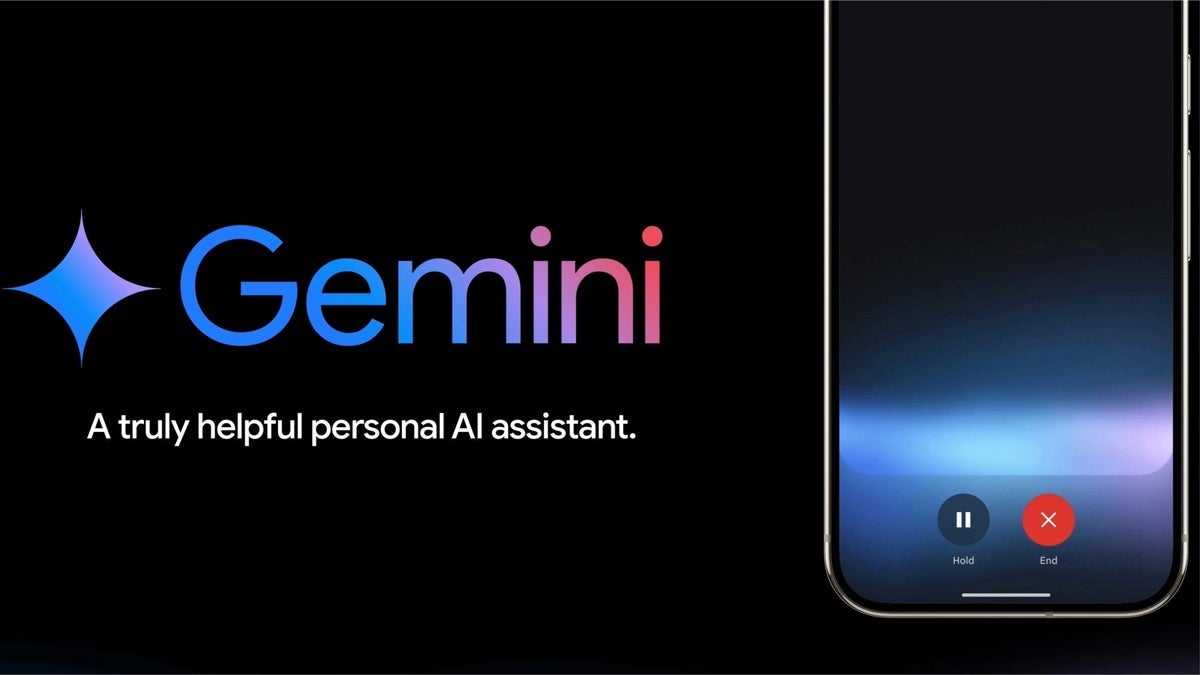Waymo to use Google Gemini to help drive autonomous vehicles called 'robotaxis'

Waymo seems to be working on using Google's Gemini AI for its self-driving robotaxis. The company is reportedly developing a new training model for its autonomous vehicles, which will use data from Gemini.
The company has released a new research paper (via The Verge) that indicates the work it's been doing so far with Generative AI helping robotaxis. Waymo LLC was previously known as the Google Self-Driving Car Project, and it's a company working on autonomous driving technology.
The company has been working on hardware and software for robotaxis to ensure the passengers' safety. The research paper it's published talks about generative AI and its use in autonomous vehicles.
The new model would process sensor data and generate trajectories for these vehicles. All in all, it should help these vehicles make smart decisions on the road. It could also help how to avoid obstacles, and to predict where to go.
For a few years, algorithms for such driverless vehicles have been worked on. Each is developed to address each critical function, like mapping, prediction, planning, etc. However, this approach limits scaling, because of errors among modules and limited inter-module communication.
Also, these algorithms don't "adapt" very well to changing parameters. Well, generative AI seems to be a good solution to these problems. Also, generative AI has proved to demonstrate better reasoning capabilities through "chain-of-thought" technology.
Basically, Gemini would help autonomous vehicle development because it can more-or-less "think" like a driver, mimicking human reasoning.
For me, at the moment it seems generative AI is far from gaining my trust to be my driver in my car. Of course, things could change, but so far my opinion on generative AI hasn't been the best, just because it can make up things. Of course, it may be beneficial for self-driving vehicles but still, I am quite on the fence about it at this point.
The new model would process sensor data and generate trajectories for these vehicles. All in all, it should help these vehicles make smart decisions on the road. It could also help how to avoid obstacles, and to predict where to go.
For a few years, algorithms for such driverless vehicles have been worked on. Each is developed to address each critical function, like mapping, prediction, planning, etc. However, this approach limits scaling, because of errors among modules and limited inter-module communication.
Basically, Gemini would help autonomous vehicle development because it can more-or-less "think" like a driver, mimicking human reasoning.
For me, at the moment it seems generative AI is far from gaining my trust to be my driver in my car. Of course, things could change, but so far my opinion on generative AI hasn't been the best, just because it can make up things. Of course, it may be beneficial for self-driving vehicles but still, I am quite on the fence about it at this point.
Follow us on Google News












Things that are NOT allowed:
To help keep our community safe and free from spam, we apply temporary limits to newly created accounts: